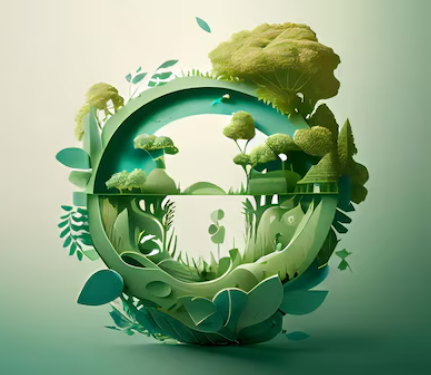Water, the cornerstone of life on Earth, is facing unprecedented challenges due to overuse, pollution, and climate change. As custodians of this precious resource, it is our collective responsibility to ensure its sustainable use and conservation. Saving water isn't just a matter of personal choice; it's a crucial step towards safeguarding our ecosystems, supporting agriculture, and securing a future where clean water is accessible to all.
Understanding the Urgency
The urgency of water conservation cannot be overstated. With global water demand projected to increase in the coming decades, many regions are already experiencing water stress and scarcity. By conserving water now, we can mitigate the impact of water shortages, protect aquatic habitats, and maintain the balance of our natural environments.
Practical Steps Towards Conservation
-
Fixing Leaks and Repairs: Start by checking for leaks in plumbing fixtures, irrigation systems, and appliances. A dripping faucet or running toilet may seem minor, but over time, they can waste thousands of gallons of water.
-
Adopting Water-Efficient Practices: Upgrade to water-saving appliances and fixtures, such as low-flow showerheads and toilets. These innovations not only reduce water consumption but also lower utility bills, benefiting both your wallet and the environment.
-
Landscape Management: Adjust your landscaping practices to conserve water. Plant native species that require less irrigation, mulch garden beds to retain moisture, and water your lawn during cooler parts of the day to minimize evaporation.
-
Mindful Indoor Usage: Develop habits like turning off the tap while brushing teeth or washing dishes, taking shorter showers, and running full loads in dishwashers and washing machines. These small changes can add up to significant water savings over time.
-
Harvesting Rainwater: Install rain barrels or cisterns to capture rainwater for outdoor use. This alternative water source can supplement irrigation needs, reduce runoff, and alleviate pressure on municipal water supplies.
Educational Outreach and Advocacy
Education is pivotal in fostering a culture of water conservation. Raise awareness within your community about the importance of water stewardship and encourage others to adopt water-saving practices. Support initiatives and policies that promote sustainable water management and ensure equitable access to clean water for all.
The Benefits of Conservation
The benefits of water conservation extend beyond preserving our immediate water supply. By reducing water consumption, we conserve energy used for water treatment and distribution, mitigate the effects of droughts and water scarcity, and protect freshwater ecosystems and biodiversity.
Looking Ahead
As we face the complexities of a changing climate and growing global population, the need for responsible water management has never been more critical. By embracing water conservation as a fundamental principle of sustainable living, we not only safeguard our own quality of life but also contribute to the resilience and vitality of our planet.
Conclusion
Saving water isn't just a choice; it's an imperative for our survival and the well-being of future generations. Through collective action and individual responsibility, we can make a profound impact on the availability and sustainability of this essential resource. Let us commit to conserving water today to ensure a thriving and resilient tomorrow for all.

